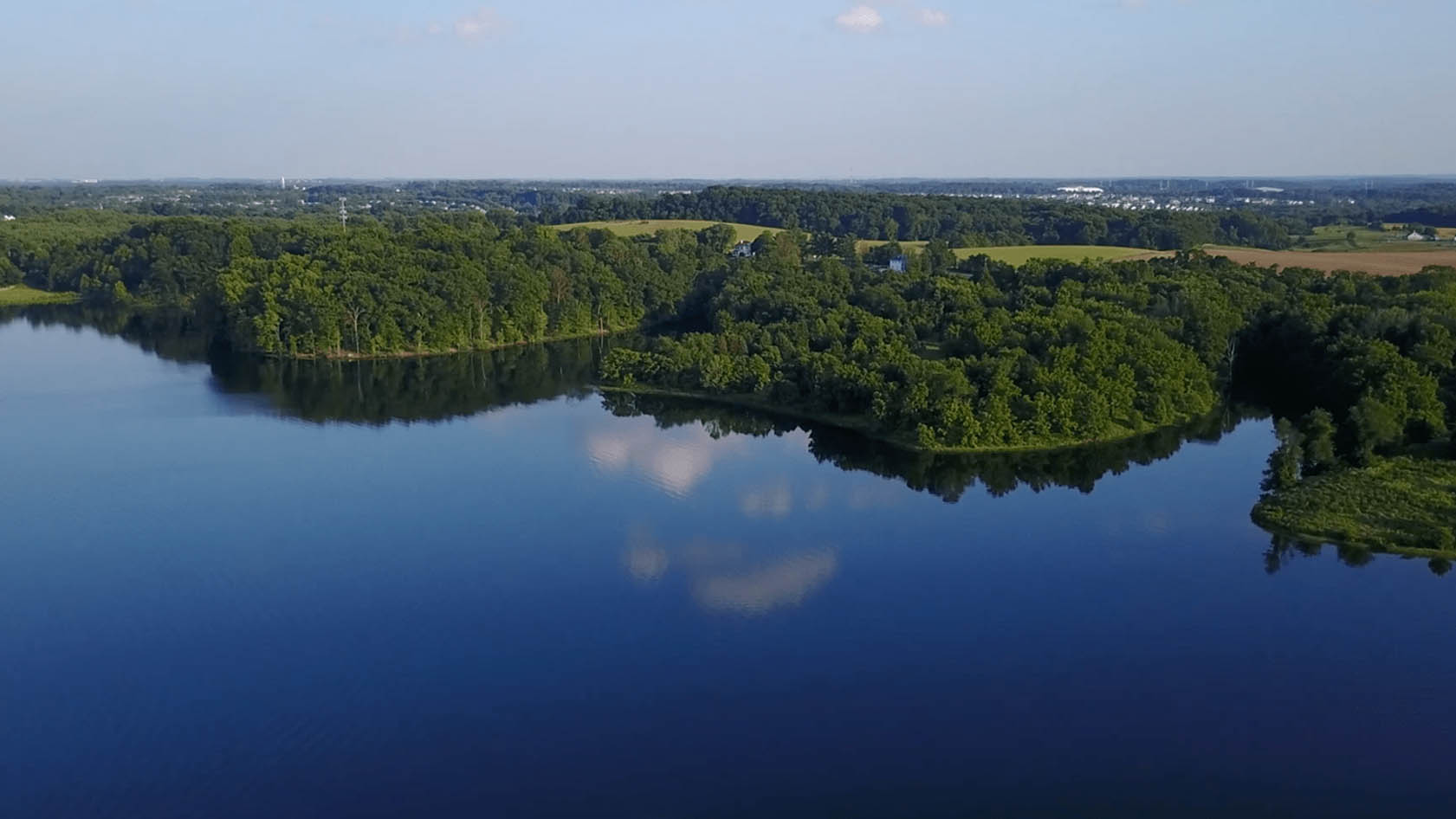We have had a busy and exciting 2022 at CleanBay Renewables. We wanted to take this opportunity to bring you up to speed on our progress. Now one month into the year, we continue to look forward to our ongoing development of projects that reduce greenhouse gas emissions, improve our soil health and water quality, and enable sustainable agriculture to feed the world.
Updates from the East Coast
We are pleased to report on progress at our Westover, Maryland, facility. In March, The Maryland Board of Public Works approved our easement request with the Maryland Department of Natural Resources (DNR). Combined with the Somerset County Planning Commission’s unanimous approval in December 2021, we received the green light to move forward with plans to access our facility through state land via Benson Road.
The easement request, originally in response to neighborhood concerns about truck traffic on Old Princess Anne Road, will improve the quality of Benson Road and grant DNR easier access to its lands, which will assist with forest conservation efforts. The easement also facilitates installation of a water line connecting the Westover facility to Somerset County Sanitary District’s unused water tower off Revells Neck Road. In addition to re-routing facility access, natural sound abatement and improved access to state-managed land, we announced the donation of approximately 15 acres of land to DNR to support their forest conservation efforts.
This previous fall, we also selected Vacom Systems, a clean water technology company that specializes in industrial wastewater remediation, to supply dewatering technology for future CleanBay facilities. Through this relationship, Vacom will provide us with its patented Vapor Compression Crystallization (VCC) One-Step technology, which combines turbulent flow and submerged boiling regimes to treat the most difficult and complex waste streams. Incorporating Vacom’s VCC One-Step technology into our existing process will further CleanBay’s environmental efforts by using renewable electricity for fertilizer production.
The CleanBay Sussex project in Georgetown, Delaware, also had significant advancements. Our engineering firms worked closely with the Delaware Department of Transportation to finalize the highway entrance permit, in response to local concerns over truck traffic on Breasure Road. CleanBay has also been working closely with the Department of Natural Resources and Environmental Control on various permit applications and approvals. Site work commenced in 2021 in preparation for groundbreaking.
Our Work in California
Over the past two years, AgLand Renewables, the California subsidiary of CleanBay, has been working to begin the development of multiple bioconversion facilities in California that will directly support the state’s economic and environmental goals. AgLand has secured $1.7 million in tax credit from the highly competitive Governor’s Office of Business and Economic Development (GO-Biz) California Competes Tax Credit (CCTC) program.
In collaboration with GO-Biz, Agland has been in the process of identifying locations in California’s Kings and Merced Counties to build bioconversion facilities. We have also contracted with Sacramento-based engineering firm Wood Rodgers, Inc., which will assist with the engineering, planning, surveying, and mapping of AgLand’s proposed bioconversion facilities in the Central Valley.
Finally, in December 2022, the California Air Resources Board approved its 2022 Scoping Plan, which illustrated a path to carbon neutrality by 2045. The plan was the first of its kind to cite nitrous oxide (N2O) as a serious climate threat and proposes strategies to reduce N2O emissions, which is consistent with our continued advocacy efforts to advance an N2O pathway in the Low Carbon Fuel Standard. The Board’s attention to the often-overlooked N2O emissions sets a global precedent to increase focus on this dangerous pollutant in climate plans and policies moving forward.
The Inflation Reduction Act and Biogas
In August, President Biden signed into law the Inflation Reduction Act (IRA). This action represents a monumental step by the U.S. toward significant decarbonization. We were encouraged by the inclusion of biogas and technology-agnostic projects in the tax credit programs; a first after many years of education and advocacy by our partners.
The $740 billion piece of legislation addresses a wide range of issues, including climate, clean energy funding, prescription drug prices, and budget deficit reduction. The act also appropriates $250 billion to the Department of Energy to fund clean energy initiatives across the country. An additional $27 billion in funding will go to a Greenhouse Gas Reduction Fund that will support competitive grants to local and national green banks that invest in innovative projects that reduce or avoid GHG emissions. I elaborate further on how the IRA will support the biogas industry, farmers, and rural communities in a recent blog.
More from CleanBay
We have been working to disseminate information on CleanBay’s progress and issues that are important to us. You can learn more about the details of our work through published articles and our blog written by myself and members of the CleanBay team:
- What is Nitrous Oxide? – Dr. Shawn Freitas, CTO
- Rethinking the Environmental Integrity of Carbon Credits – Thomas Spangler, Executive Chairman
- How Natural Fertilizers Help Meeting Climate Targets – Donal Buckley, CEO
Here’s wishing you a happy and healthy 2023!


